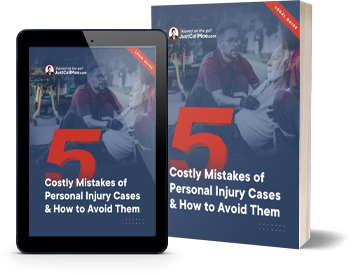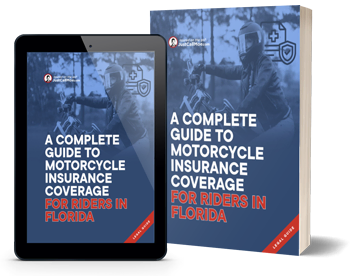During hurricane season, residents of Florida find themselves bracing for the possibility of severe weather. Being proactive and well-prepared can make all the difference in the aftermath of a hurricane. One crucial aspect of preparation is safeguarding your assets, and this includes taking the necessary steps to document your property for insurance purposes.
Here’s a few tips on preparing for a hurricane:
Create a Comprehensive Home Inventory:
Begin by making a detailed list of your possessions. Categorize items by room and include their estimated value, purchase date, and any relevant receipts. This inventory will serve as an essential reference point when assessing damage and filing claims.
Photograph Your Home:
Before the storm arrives, take clear photographs of the exterior and interior of your home. Capture all rooms, including close-ups of valuable items, appliances, and electronics. Make sure the images are well-lit and show any existing damage, so you can differentiate between pre-existing and hurricane-related issues.
Document Your Automobile:
Your vehicle is also at risk during a hurricane, especially if you don’t have a covered garage. Take photographs of your car from various angles, highlighting any distinguishing features and existing damage. This documentation will aid in proving the condition of your vehicle before the hurricane.
Protect Important Documents:
Gather important documents such as insurance policies, identification papers, and financial records. Store them in a waterproof container or digitally scan and upload them to a secure cloud service. This ensures easy access to crucial information even if physical copies are damaged.
Photograph Valuables:
Items of high value, like jewelry, artwork, and collectibles, should be individually photographed and described. Include any relevant information about their provenance, purchase date, and appraisals. These images will serve as evidence of ownership and value.
Back Up Data:
Backup important digital data, such as family photos, documents, and financial records, to a secure cloud service. This protects your memories and important information from potential damage to physical devices.
Maintain Communication:
Stay informed about evacuation orders and emergency contacts. Share your whereabouts with family and friends and keep your mobile devices charged.
Secure Outdoor Items:
Move outdoor furniture, gardening tools, and other loose items indoors. Trim overhanging branches that could pose a threat to your property during strong winds.
Evacuation Plan:
If authorities issue an evacuation order, follow it promptly. Your safety and the safety of your loved ones are top priorities.
By taking these steps, you’re not only ensuring the safety of your loved ones but also making the insurance claim process smoother and more efficient. Remember, being well-prepared can alleviate stress during an already challenging time. If you do experience damage from the hurricane, consult with legal professionals who specialize in insurance claims to ensure your rights are protected and your claims are handled fairly. Stay safe, stay prepared, and stay informed.

 (866) 225-5663
(866) 225-5663




 100% Secure and Confidential
100% Secure and Confidential